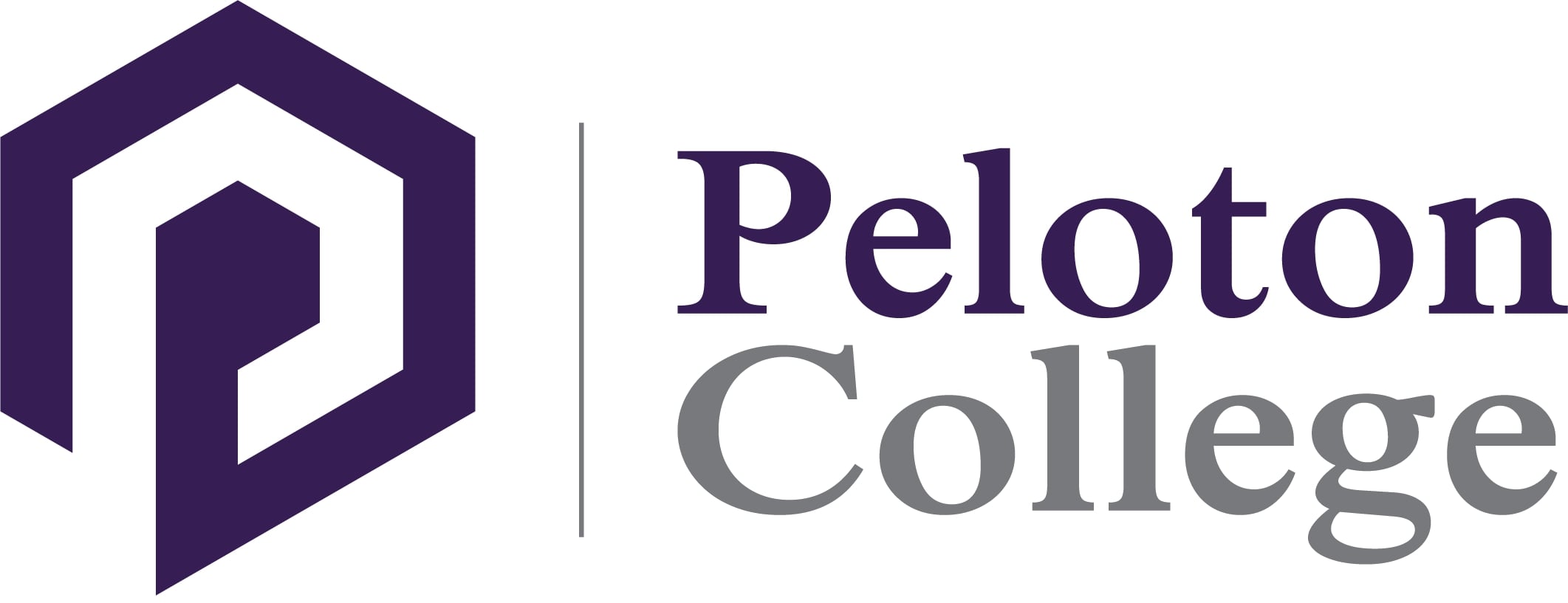What is Penetration Testing in Cybersecurity?

Are you fascinated by computers, the Internet, networking, and cybersecurity? Have you dreamed of being a hacker but don’t want to end up on the wrong side of the law? The good news is there is something called an ethical hacker. These ethical hackers find vulnerabilities before malicious actors find them. A penetration test is a vulnerability treasure hunt for cybersecurity professionals.
What is Penetration Testing in Cybersecurity?
Every device, computer or appliance connected to the Internet will have vulnerabilities within the hardware or software that manages the day-to-day operations. These devices are affectionately called the IoT or Internet of Things. Malicious hackers have tools and scripts that can identify these vulnerabilities. It is up to an ethical hacker to identify them before the malicious hacker and report them to the organization. This will allow the organization to secure the system before the vulnerability causes any problems. The main way an ethical hacker identifies these vulnerabilities is with penetration testing.
Internal Penetration Testing
An internal penetration test focuses on the employees, vendors, and others the have access from the inside of the organization. It is common for employees to leave passwords on their desk, use pet’s names for passwords or trust a phishing attempt if it comes from within an organization. For example, you get a spoofed email from Bob in IT asking for your password to reset the system. Are you going to think that the email is a fake? It looks just like every other email from within the organization. This is what an ethical hacker must identify as a problem so that the business’s systems are not exploited.
An ethical hacker will simulate what a malicious actor will do to gain access to internal confidential systems, penetrate networks and obtain sensitive information. Once the malicious actor has access, they can release a virus, worm, or Trojan to take advantage of the company’s infrastructure and gain access to confidential information. It is even common for employees to not be aware of proper security protocols to keep systems safe within the organization.
After the ethical hacker contacts employees, spies on employees using web cams or sends phishing emails to employees, they will write a report so that the organization is aware of its internal vulnerabilities. This will allow the organization to revise security protocols and allow employees to receive updated training on safeguarding the organization’s infrastructure.
External Penetration Testing
Unlike internal penetration, external penetration testing focuses on the perimeter security of the business’s infrastructure. Specifically, ways to compromise networks, organization’s systems, and gain access to sensitive information for outside the organization. This type of testing focuses on security issues which are simulated by the malicious hacker looking for vulnerabilities within the business’s infrastructure. The goal of the external penetration test is to identify the vulnerabilities, understand how they can be exploited, and figure out the business impact if the malicious actor is successful.
An external pen tester will use their set of tools to identify vulnerabilities such as SQL injection, password crackers, and bruteforce penetration. Whether it is the network, firewall, VPN, FTC services, API or user accounts that can be compromised, the ethical hacker looks for ways to breach systems, obtain passwords and exploit vulnerabilities. The ethical hacker may even look for credentials on external websites like social media or even prior breaches that will help penetrate the business systems.
Web App Penetration Testing
Similar to external penetration testing, web app pen testing focuses on the organization’s website and web applications. While these web applications may be hosted on a company server or third-party server in the cloud, they are not always completely protected from malicious actors. Whether it is a network exploit, update injection or back door that the hosting company is unaware of, the ethical hacker will want to simulate attacks on the web application to identify any vulnerabilities. It can even be as simple as conducting a DDoS attack to see if they can crash the system. There are many ways to penetrate web applications and it is the ethical hacker’s job to go through the checklist and try every possible scenario.
Physical Location Penetration Testing
Similar to internal penetration testing, physical location pen tests focus on the building and physical infrastructure that is set up to secure servers, confidential rooms, and sensitive data. An ethical hacker will travel to the actual location of the business and befriend employees or even just walk right into the front door. They will try to duplicate entry cards or gain onsite passwords to access sensitive areas of the facility. Once the facility is breached, an ethical hacker can walk around the location, looking for passwords on desks, befriending employees or posing as a cleaning crew to gain access to sensitive areas of the facility. Once the issues are identified, the ethical hacker will report the issues to the business, and they can improve training to secure the facility.
How Long is a Vocational Program in Cyber Security?
While you can attend a 4-year college in cybersecurity, a vocational program can be completed in just over a year, attending full time. If you have 63 weeks to attend cyber security classes, then becoming an ethical hacker may be the right career path for you.
How can you learn the complete curriculum in 63 weeks? This can be done because the school condenses the coursework into what is actually needed. During a cybersecurity program, you will only learn what you need to perform your entry-level position without 16th century literature or foreign language classes. Just what you need to succeed as a cybersecurity professional.
Where Can You Learn to Become an Ethical Hacker?
An easy way to scale your ethical hacking knowledge is to enroll in a program at a trade school. These programs are taught by cyber security professionals and apply practical learnings to real-world scenario simulations. Classes are small so you can get one-on-one attention from teachers, rather than just being a face in the crowd of a large lecture hall.
Vocational schools also offer plenty of lab work to become familiar with the hardware and software you will use on the job as a cybersecurity professional. Finally, most vocational schools offer career services to prepare you for the workforce and the interview process at most organizations. They will follow graduates throughout their career to help them along during employment gaps or when advancement is needed.
Final Thoughts
Are you interested in learning more about penetration testing in cybersecurity? Peloton College offers a training program that will not only prepare you for day one of your new career but help you prepare for the important certifications that many employers are looking for when choosing candidates. Take the first step in your new career. The first step of any journey is always the most difficult, but Peloton College will be by your side the whole way through.
Want to Learn More?
The Associates of Applied Science in Cybersecurity training program is designed to teach you the skills for entry-level jobs in the Cybersecurity industry. The Cybersecurity training program prepares and supports you in obtaining several certifications in support of your cybersecurity career including CompTIA’s A+, Network+, Security+, Linux+, Pentest, & CySA+.
The mission of Peloton College is to be the premier provider of hands-on training and education by providing students and graduates with the necessary skills to secure occupational careers. Contact us today to learn more.



